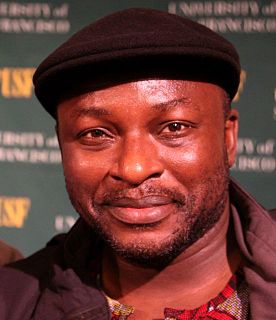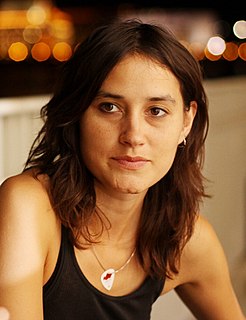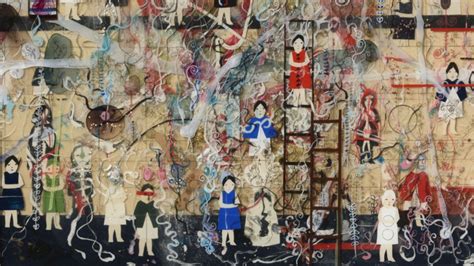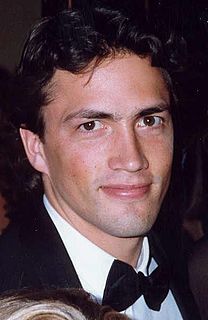A Quote by Uwem Akpan
For me, as I've said many times, the story is not research. The story is how the characters relate with each other and with the environment... I try to apply my imagination to what could have happened and how a little child could have viewed and processed the event.
Related Quotes
Sorry, I said to myself, wondering how many times in my marriage I'd said that, how many times I'd meant it, how many times Claire had actually believed it, and, most important, how many times the utterance had any impact whatsoever on our dispute. What a lovely chart one could draw of this word Sorry.
I think the best thing about music is that someone could be writing a song that's so personal, and it tells so many other people's story at the same time. It kind of exemplifies that we are all kind of on the same wave[length] - it's amazing how comforting somebody else's story can be, because we have experienced their story in some way or another, and I can totally relate, and I get to feel that feeling and the expression of that emotion. I get to feel like as a listener, that somebody understands me, which is pretty incredible.
Have you noticed how the Republicans and Democrats try to copy each other at their conventions. Like at the Democratic convention John Kerry's daughter told a story about how he once gave CPR to her hamster. At the Republican convention the Bush girls are going to tell a story about how when their hamster was bad, their dad built them a little electric chair.
Alison [McGhee] and I have known each other since the summer of 2001. One evening we were sitting around talking about how we wished we had a good story to work on. Alison said: Why don't we work on a story together? I said: A story about what? And Alison said: A story about a short girl and a tall girl.
The dream of a writer is to be surprised by his characters. All of a sudden, they are living their own lives; they are not prisoners anymore. . . . Tati taught me how to observe, how to sit in a cafe in Paris and to look at the passersby and to guess what their story is, even a little moment of their story.
There's no quit in our family. Our dad was the chief proponent of that. [On the set] we were constantly telling each other, Stay true to the story, we know that we love each other, keep communication open. We knew how unique this was-you're doing a movie that really could be put out there all over the world, and you're telling this personal story about your family.
Something about family and trying to relate it to the movie with, 'Oh, if I was to have a child how many kids do I want?' And 'do I want a boy or a girl?' I didn't realize you could place orders, I honestly didn't realize it was like a drive-through, that you could talk to a little electronic voice.
I've been a huge fan of Hal Ashby forever. And I think that the distinctive thing about 'Coming Home' is the love story, and how - kind of emotionally real it is, and how these two characters allow each other to see their - kind of vulnerabilities. And it's great because it's a love story that's not really that cheesy, either.
To each his own. It's one of those things. How you build your family?you have to know what you're capable of handling and how your children will relate to each other. Maybe if you have one child and that child has a lot of needs, you realize you cannot give more attention to another. Sometimes you just know as a parent. We felt we could handle more children, and we have a very happy, very full home.
But many, many stories were told; from what could be gathered, all fifty of the mine's inhabitants had reacted on each other, two by two, as in combinatorial analysis, that is to say, everyone with all the others, and especially every man with all the women, old maids or married, and every woman with all the men. All I had to do was to select two names at random, better if different sex, and ask a third person, "What happened with those two?" and lo and behold, a splendid story was unfolded for me, since everyone knew the story of everyone else.






































